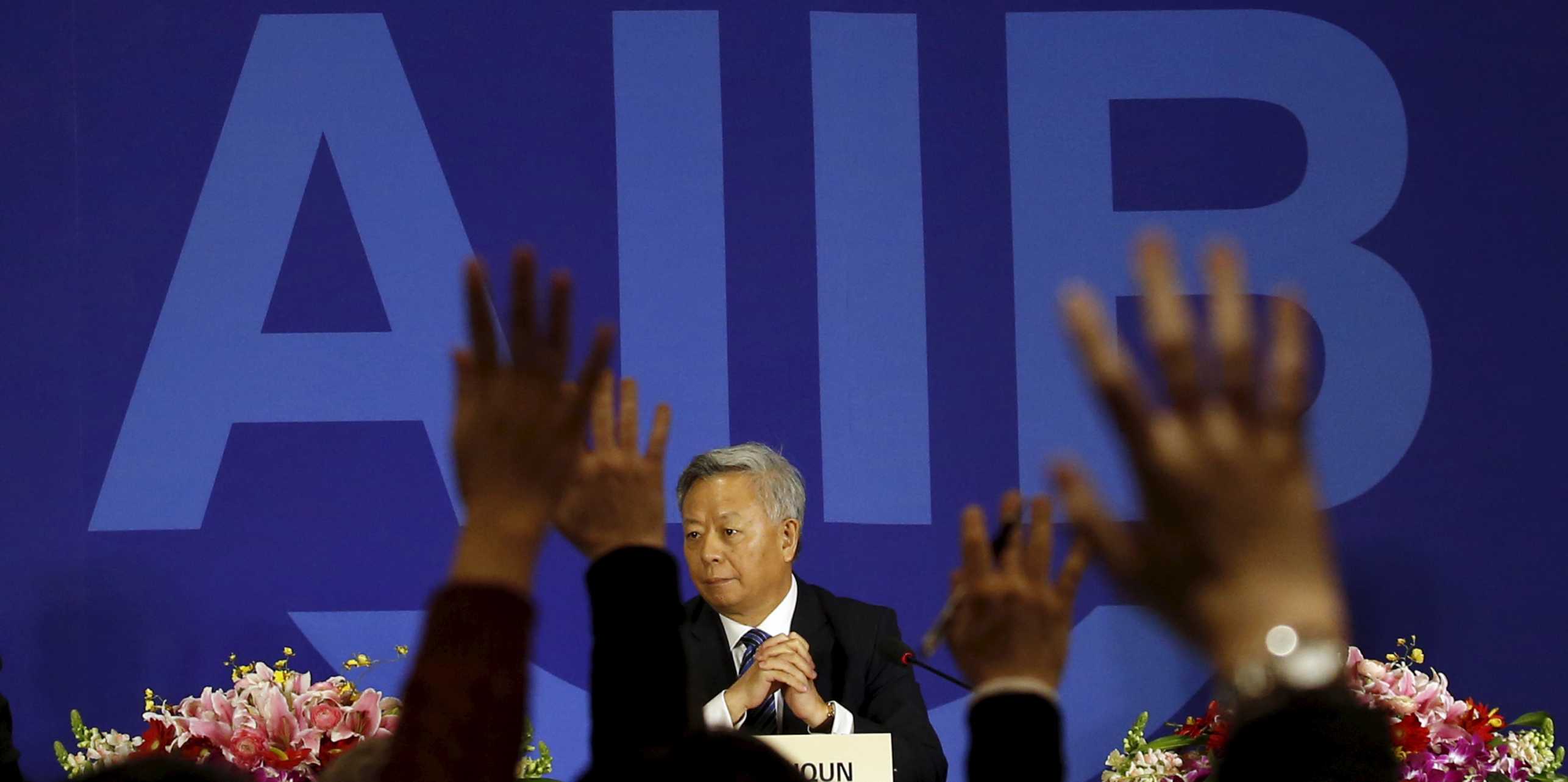China, Multilateral Banking and Geopolitics
China’s recent foray into multilateral banking brings the country multiple financial and geopolitical benefits, argue Chris Humprey and Linda Maduz in this CSS Analysis. The early years of operations suggest that the potential of the Asian Infrastructure Investment Bank and the New Development Bank is considerable – both as international funding mechanisms and as platforms of international cooperation, including with Europe.

China is a rising great power, seeking its position in a pre-existing and highly institutionalized global order. In this situation, China faces a number of institutional choices, ranging from participating in the existing international order and accepting its rules and norms, to openly opposing it. Thus far, China has used the full spectrum of these choices. It has joined international and regional multilateral organizations as a regular member, challenged existing international arrangements and taken “in-between” positions such as efforts to alter voting power at international financial institutions or human rights standards within UN institutions.